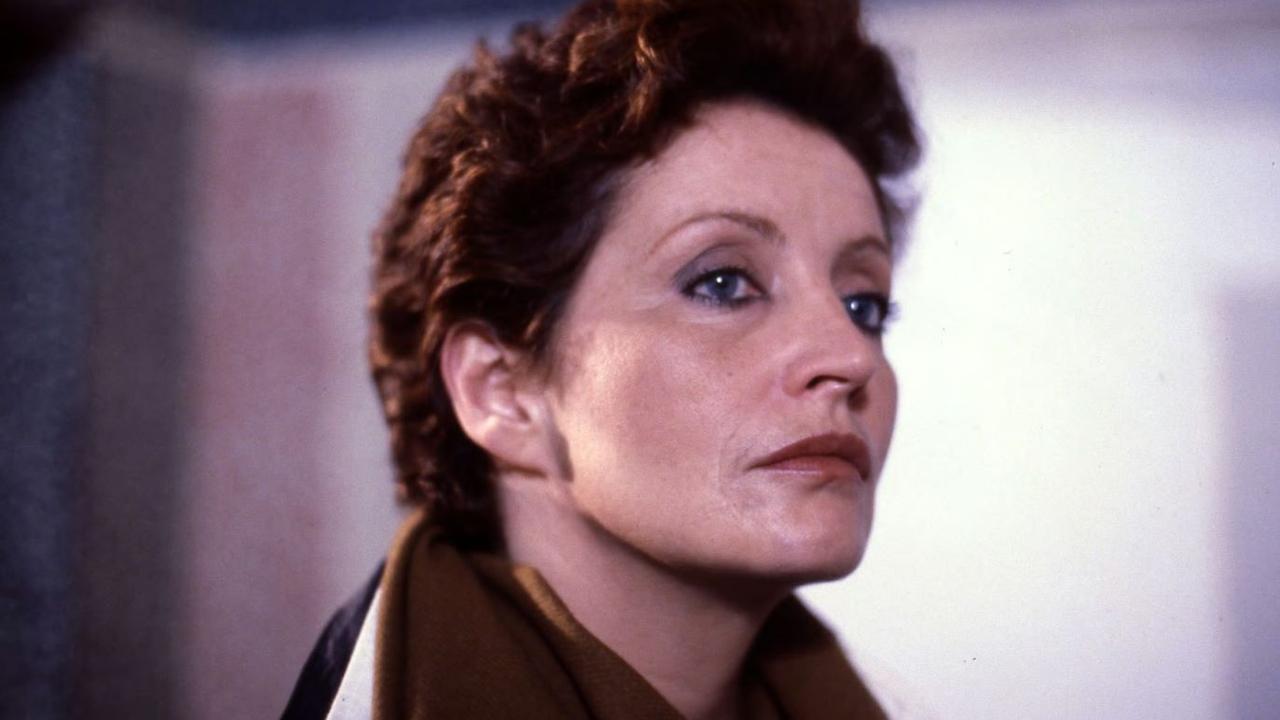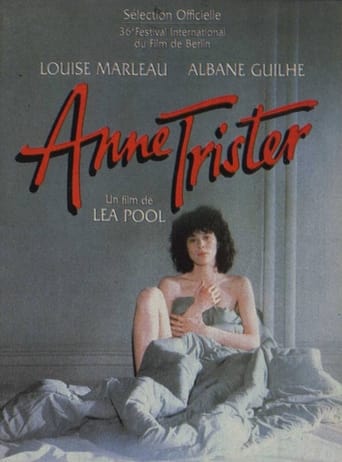Karry
Best movie of this year hands down!
Tockinit
not horrible nor great
Curapedi
I cannot think of one single thing that I would change about this film. The acting is incomparable, the directing deft, and the writing poignantly brilliant.
Micah Lloyd
Excellent characters with emotional depth. My wife, daughter and granddaughter all enjoyed it...and me, too! Very good movie! You won't be disappointed.
P.S. Paaskynen
Anne Trister follows director Léa Pool's route in life from youth in French speaking Switzerland to adulthood in Quebec in Canada. The film deals with issues of child abuse and bi-sexuality as well as the quest to find roots.Art student Anne Trister has, like Lea Pool, a Jewish father and a gentile mother. Her father's death is what moves her to leave school and her lover in Switzerland behind and travel to Montreal in Canada for the last rites.She stays with an older friend Alix, a child psychiatrist absorbed by the case of an abused little girl. Alix tries to help Anne to relate to her Jewish roots by telling her about a trip to the desert she once made. Anne is fascinated by the story and by Alix and falls in love with her.In the meantime she expresses her feelings in art by creating a fantastic mural of the desert on the walls of a studio lent to her by one of her father's old friends.However, Alix chooses for a man in her life and disturbed by her rejection Anne falls from scaffolding in her studio. When she comes to in hospital her studio and with it her dream world has been torn down. Now she must face reality and be free.In the closing shots Alix receives a parcel containing a handful of sand and a short film of Anne in the desert.The soundtrack prominently features a chanson by Danielle Messiah (De la main gauche) that lends the film much of its mood.

